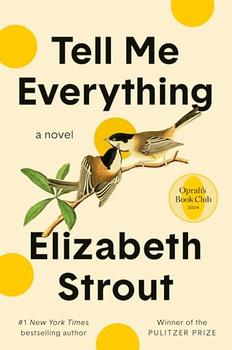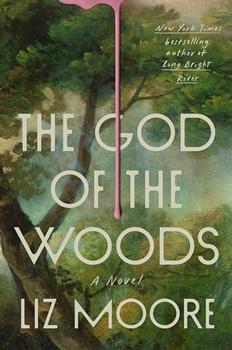(3/11/2013)
Palisades Park is the history you wish you had, for your family. The timeline stretches 50 years, from the early 1920s to the early 1970s, encompassing wars (two), desegregation (slowly), and crime (organized). The Stopka family is an extended example of John Lennon's "Life is what happens to you while you're busy making other plans." Palisades Amusement Park, a landmark in New Jersey, was the primordial soup in which the Stopka family evolved, providing a livelihood, an extended family, and a classless university.
For book clubs, Palisades Park has themes to discuss: trials by water and fire, leaving as a necessity to coming home, illusion and reality.
This seems an old-fashioned book to me, not a modern story of dark dysfunction or exploding terrorists but rather a story of the verities: do good work, play fair, dream with muscle, love people anyway.



